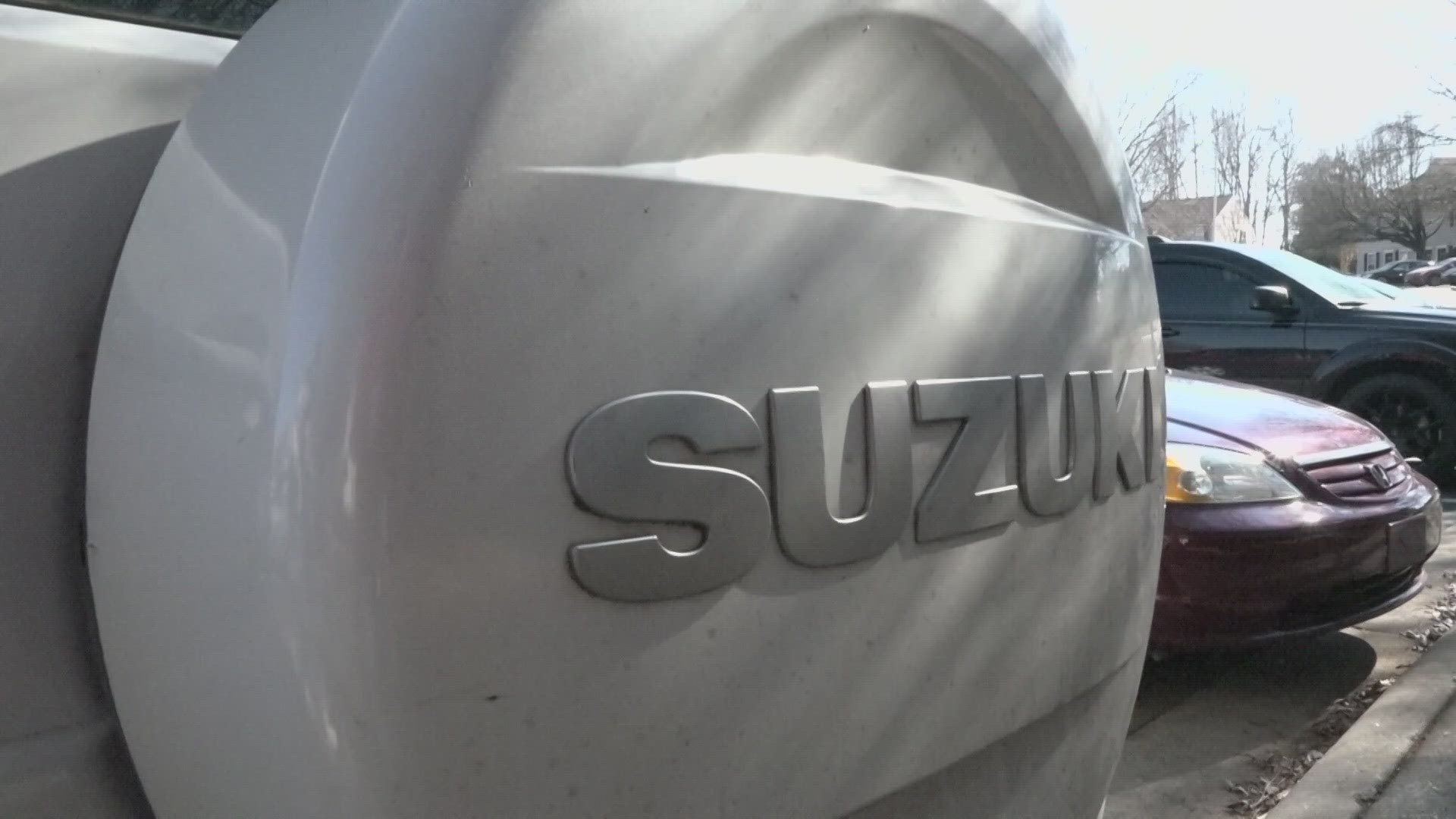BROWNS SUMMIT, N.C. — If you spend as much time as I do talking with mechanics about car warranty companies, you'll quickly learn many are not as they advertise. The warranties often come with stipulations that are challenging to adhere to. Many often require specific maintenance that is stated but hidden in several pages of the warranty contract.
For example, the owner not being allowed to make any modifications to the vehicle when the warranty contract is signed. In this case, the owner needed new tires and bought four tires from a tire shop. The tires were within the manufacturer’s specifications but were not the same tires on the car when the warranty contract was signed.
A few months later, when the transmission went out and the car owner submitted the claim, it was denied because the owner “altered” the car.
Every mechanic will tell you putting new ties on a car that are a size bigger or smaller but are within specifications will not impact the transmission. Yet the claim was denied and the owner was stuck with a massive transmission bill.
To be fair, some warranty companies are good but it’s important to read every detail before signing up. Many require manufacturers recommended maintenance and you must be able to show proof it was done on time. The same goes for routine oil changes.
In this case, the case we recently assisted a customer who purchased a warranty and later started having some issues with the car. Wanda G. had bought the warranty several years ago for a situation just like this.
“I didn’t want to have to pay a big mechanic bill upfront, so I bought a warranty,” Wanda said.
When the car started to have issues, Wanda contacted the warranty company, and an adjuster was sent out. The adjuster quickly noticed an old Lyft sticker in the window from when Wanda drove for the ride-share company. The claim was denied because of that, and Wanda was on the hook for all of the repairs.
“I didn’t think it was fair,” Wanda said. “I’m on a fixed income; my feelings hurt. I cried about it and talked to the Lord about it.”
The repair bill was going to be upwards of $4,000 and it was the exact reason Wanda purchased a warranty in the first place.
“It didn’t work out, so I called you guys,” Wanda said.
We contacted the warranty company and spoke with the mechanic at the repair shop. A representative of the warranty company said he would investigate the matter and get back to us. A couple of days later, we received a call from the warranty company.
The representative said the contract Wanda purchased didn’t allow for the car to be used for commercial purposes. Wanda said she worked for Lyft only a couple of weeks more than two years ago.
After reviewing the contract and speaking with the representative at the warranty company, he agreed to a compromise of sorts. The company would not pay for the repairs but would refund Wanda all the money she had paid since she signed up for the warranty. The total refund was right around $2,400.
“I’m just happy you guys came through, y’all 100 to me,” Wanda said.
As for purchasing a car warranty, they can certainly be beneficial in some instances but just be sure you know exactly what it does and doesn’t cover and make sure you understand all the rules and requirements before signing up.

